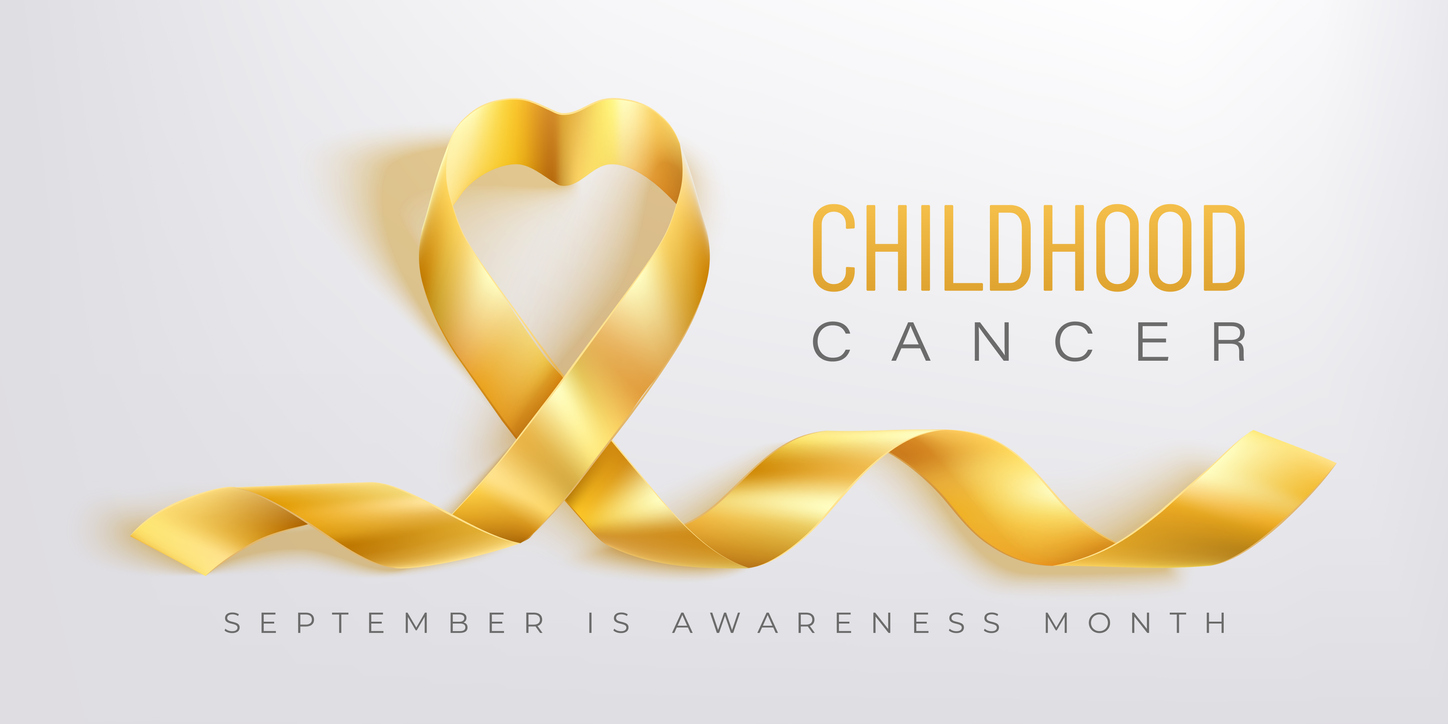A new research study, led by experts at the University of Nottingham, which aims to understand how cancer is diagnosed in children and young people across the UK, has been launched today, during Childhood Cancer Awareness Month (September).
The Childhood Cancer Diagnosis Study is funded by the National Institute for Health Research (NIHR) and leading children's cancer charity Children's Cancer and Leukaemia Group (CCLG).
The project aims to help researchers to understand the journey that children and young people experience from the start of their symptoms until they receive their diagnosis of cancer.
To do this, experts will collect information about what symptoms they experience, who they go to see with these symptoms initially, and how long it takes before the diagnosis is reached.
The research will take place at the Children's Brain Tumour Research Centre at the University of Nottingham and be led by Dr Shaarna Shanmugavadivel, a paediatrician and NIHR Doctoral Research Fellow at the University, along with statistician Jo-Fen Liu, Dr Shalini Ojha, and Professors David Walker and Kavita Vedhara from the School of Medicine at the University.
Childhood cancer is the most common cause of death by disease in children, teenagers and young adults in the UK, and many experience long delays to diagnosis. Delayed diagnosis can lead to worse survivial for patients, and poorer long-term health for survivors.
Every child diagnosed with cancer over a two year period will be offered the opportunity to take part in the study. This will help the research team to build a picture of the factors affecting their journey and time to diagnosis.
The study results will also inform the Child Cancer Smart project, a collaboration between CCLG and the University of Nottingham, in partnership with CLIC Sargent and the Grace Kelly Childhood Cancer Trust, which aims to develop guidance for healthcare professionals to help with symptom recognition and making appropriate referrals. Child Cancer Smart will also produce a range of awareness tools for both healthcare professionals and the general public to raise awareness of the signs and symptoms of childhood cancer.

Dr Shaarna Shanmugavadivel, NIHR Doctoral Research Fellow and lead researcher on the study, said: "Cancer symptoms in children are often non-specific, mimicking other more common childhood illnesses.
"The misperception by the public and professionals that childhood cancer is rare means it is often not considered until the child has multiple symptoms and advanced stage disease. Time is crucial; untreated, tumours grow bigger and can spread around the body causing significant damage and require more extensive surgery and more intensive therapies to offer cure.
"Delayed diagnosis is often multi-factorial due to both a lack of symptom awareness amongst the public and healthcare professionals, and the lack of paediatric specific diagnostic tools to aid healthcare professionals seeing these children and young people.
This project will focus on investigating and addressing this problem, ultimately ensuring better survival and long-term outcomes for children."
Ashley Gamble, Chief Executive of CCLG said: "We're proud to launch the Childhood Cancer Diagnosis Study this Childhood Cancer Awareness Month.
"Many children experience long delays in getting their cancer diagnosed, and our aim is to raise awareness of the signs and symptoms, and what action to take, among both healthcare professionals and the general public.
"We know that both the time it takes to diagnose cancers in children, and survival rates, are poorer than in comparable European countries. By taking action to tnesure earlier diagnoses of thse cancers, we will decrease the risk of death, reduce treatment-related side effects and improve the quality of life for survivors."
Health Minister Jo Churchill said:"We are determined that children and young people receive the best cancer care possible and early diagnosis is a critical part of this.
"Children and young people in England were among the very first in Europe to benefit from a new generation of CAR-T cancer therapies, and we have committed to increasing participation of young people in clinical trials to 50% by 2025. This new research led by NIHR will be an important step in understanding cancer diagnosis in younger people."
The Childhood Cancer Diagnosis Study will open in all Principal Treatment Centres (regional hospitals treating children with cancer) over the next few months, and run for two years. All newly diagnosed children will be asked to take part in the study, by asking their parents for permission to use routine data about diagnosis collected by the child's oncology team.






